General Affairs
PM Narendra Modi Returns Home After Four-Nation Africa Tour
-
NEW DELHI: Prime Minister Narendra Modi returned home today after his four-nation Africa tour aimed at enhancing ties with the continent.
PM Modi came back from Kenya, which was the last leg of his visit that also covered Mozambique, South Africa and Tanzania.
The PMO tweeted:
After a vital Africa tour which witnessed key talks, interactions & agreements, PM @narendramodi reaches Delhi.
PM Modi yesterday held talks with Kenyan President Uhuru Kenyatta during which the two sides decided to deepen and expand cooperation in a wide range of areas as they signed seven pacts, including in the field of defence and security and avoidance of double taxation.
Earlier the Prime Minister visited Tanzania, South Africa and Mozambique as part of the five-day tour. India has offered USD 92 million Line of Credit to Tanzania for a key water supply project and signed five agreements with it.
In South Africa, PM Modi held talks with South African President Jacob Zuma on a wide range of issues, particularly in the economic sphere.
Showcasing India as an attractive destination for defence production, the Prime Minister also sought deeper collaboration in the sector with South Africa, a major arms exporter, even as he thanked it for supporting India's bid for membership of Nuclear Suppliers Group.
In Mozambique, PM Modi held wide-ranging talks with President Filipe Nyusi. The two countries signed three pacts, including a significant "long-term agreement" under which India will buy pulses from this African nation to meet its recurring shortfall and contain prices of this commodity.
PM Modi came back from Kenya, which was the last leg of his visit that also covered Mozambique, South Africa and Tanzania.
The PMO tweeted:
After a vital Africa tour which witnessed key talks, interactions & agreements, PM @narendramodi reaches Delhi.
Earlier the Prime Minister visited Tanzania, South Africa and Mozambique as part of the five-day tour. India has offered USD 92 million Line of Credit to Tanzania for a key water supply project and signed five agreements with it.
In South Africa, PM Modi held talks with South African President Jacob Zuma on a wide range of issues, particularly in the economic sphere.
Showcasing India as an attractive destination for defence production, the Prime Minister also sought deeper collaboration in the sector with South Africa, a major arms exporter, even as he thanked it for supporting India's bid for membership of Nuclear Suppliers Group.
In Mozambique, PM Modi held wide-ranging talks with President Filipe Nyusi. The two countries signed three pacts, including a significant "long-term agreement" under which India will buy pulses from this African nation to meet its recurring shortfall and contain prices of this commodity.
Venkaiah Naidu Pays Surprise Visit To Broadcasting Ministry, Pulls Up Latercomers
-
NEW DELHI: Top Information and Broadcasting ministry officials were in for a surprise today as Union Minister M Venkaiah Naidu, who took charge last week, made an unannounced punctuality and cleanliness check early this morning.
Explanations have been sought from officials who were found missing as to why they were not in their workplace on time after Mr Naidu along with Minister of State Rajyavardhan Rathore made the surprise check at 9.30 am.
"The Minister personally checked the rooms of several officers and their supporting staff. He also looked into the cleanliness of washrooms in the offices. He also inspected the condition of electrical fittings in the various rooms and corridors in the building," a senior Information and Broadcasting ministry official told PTI.
"Made a surprise check of attendance and cleanliness at Shastri Bhawan today at sharp 9:30 am....Directed concerned Joint Secretaries to review issues related to punctuality and cleanliness in the offices on daily basis," he said on twitter.
The minister also added that "explanation sought from those who were not present at the time of inspection."
Officials said that Mr Naidu also emphasised that open cables should be avoided as it did not reflect a presentable and efficient working environment besides being a fire hazard.
A fire had destroyed several files in a Information and Broadcasting ministry office in Shastri Bhawan in 2014.
Explanations have been sought from officials who were found missing as to why they were not in their workplace on time after Mr Naidu along with Minister of State Rajyavardhan Rathore made the surprise check at 9.30 am.
"The Minister personally checked the rooms of several officers and their supporting staff. He also looked into the cleanliness of washrooms in the offices. He also inspected the condition of electrical fittings in the various rooms and corridors in the building," a senior Information and Broadcasting ministry official told PTI.
"Made a surprise check of attendance and cleanliness at Shastri Bhawan today at sharp 9:30 am....Directed concerned Joint Secretaries to review issues related to punctuality and cleanliness in the offices on daily basis," he said on twitter.
The minister also added that "explanation sought from those who were not present at the time of inspection."
Officials said that Mr Naidu also emphasised that open cables should be avoided as it did not reflect a presentable and efficient working environment besides being a fire hazard.
A fire had destroyed several files in a Information and Broadcasting ministry office in Shastri Bhawan in 2014.
Government Reaches Out To Congress For Passage Of Goods And Services Tax Bill
-
NEW DELHI: Ahead of the Monsoon Session of Parliament beginning next week, the government has reached out to the Congress for passage of the long-pending Goods and Services Tax (GST) Bill in Rajya Sabha where it does not have a majority.
The new Parliamentary Affairs Minister Ananth Kumar has already held telephonic talks with leader of the opposition in the Upper House Ghulam Nabi Azad and Deputy leader of Congress in the House Anand Sharma and formal talks are likely to take place shortly.
When contacted, Mr Sharma made a strong pitch for evolving a "genuine" common market through the key tax reform, insisting that the GST should be both "meaningful and substantive".
The government, he said, needs to "ring fence" the GST rate so as not to burden the common man.
The GST, which is being touted as the most significant reform in indirect tax since independence, is being held up in Rajya Sabha because of stiff opposition by the Congress, which among other things is demanding a Constitutional cap on the GST rate.
Dismissing suggestions that the Congress was against the bill, he said the party is the author of the bill and its only concern is that it should be "meaningful and substantive".
Mr Sharma said the Congress also wants clarification from the government on taxability of various goods like petroleum, alcohol, tobacco and electricity.
Besides, government needs to clarify whether the GST would subsume various cesses including the Swachh Bharat cess.
The government plans to push the Constitution Amendment Bill in Rajya Sabha for rollout of GST in the Monsoon Session beginning July 18. The bill was approved by Lok Sabha earlier.
The new Parliamentary Affairs Minister Ananth Kumar has already held telephonic talks with leader of the opposition in the Upper House Ghulam Nabi Azad and Deputy leader of Congress in the House Anand Sharma and formal talks are likely to take place shortly.
When contacted, Mr Sharma made a strong pitch for evolving a "genuine" common market through the key tax reform, insisting that the GST should be both "meaningful and substantive".
The government, he said, needs to "ring fence" the GST rate so as not to burden the common man.
The GST, which is being touted as the most significant reform in indirect tax since independence, is being held up in Rajya Sabha because of stiff opposition by the Congress, which among other things is demanding a Constitutional cap on the GST rate.
Dismissing suggestions that the Congress was against the bill, he said the party is the author of the bill and its only concern is that it should be "meaningful and substantive".
Mr Sharma said the Congress also wants clarification from the government on taxability of various goods like petroleum, alcohol, tobacco and electricity.
Besides, government needs to clarify whether the GST would subsume various cesses including the Swachh Bharat cess.
The government plans to push the Constitution Amendment Bill in Rajya Sabha for rollout of GST in the Monsoon Session beginning July 18. The bill was approved by Lok Sabha earlier.
Will Uttar Pradesh Set World Record? 50 Million Trees Is Target
-
LUCKNOW: Hundreds of thousands of people in Uttar Pradesh are collectively jostling to plant 50 million trees over the next 24 hours in the hope of setting a world record.
Officials in Uttar Pradesh have distributed millions of saplings to be planted across India's most populous state in a bid to get into Guinness World Records for the most trees planted in a day.
India's government is encouraging all states to start tree-planting drives to increase the country's forest cover as part of commitments made at last year's climate change summit in Paris.
Last year, Uttar Pradesh entered Guinness World Records for the largest distribution of saplings by donating more than 1 million trees that were planted at 10 locations in the state.
Officials in Uttar Pradesh have distributed millions of saplings to be planted across India's most populous state in a bid to get into Guinness World Records for the most trees planted in a day.
India's government is encouraging all states to start tree-planting drives to increase the country's forest cover as part of commitments made at last year's climate change summit in Paris.
Last year, Uttar Pradesh entered Guinness World Records for the largest distribution of saplings by donating more than 1 million trees that were planted at 10 locations in the state.
Business Affairs
Sensex gains 100 points, Nifty tests 8,500 on positive global cues; Axis Bank top gainer
-
Extending gains for the second straight day, the S&P BSE Sensex on Tuesday gained over 100 points, while the broader Nifty50 jumped above its key resistance level of 8,500-mark.
The headline indices rallied tracking positive trend seen in Asian markets a day after Wall Street shares hit a record high thanks to a combination of upbeat US data and expectations of more stimulus from global policymakers.
At 09:25 am, the 30-share index was trading at 27,713, up 86.92 points, while broad-based 50-share index was quoting 8,492, up 24.65 points.
"We expect this momentum to continue first towards 8,540 and then 8,654.75 (July 2015 high). On the flipside, Monday's low of 8,407 would now be seen as an immediate support for the index," said Angel Broking in a research note.
Axis Bank was the top gainer on Sensex and gained nearly 2 per cent on BSE.
Among Asian markets, China's Shanghai Composite was trading flat, Hong Kong's Hang Seng index added 0.50 per cent, while Japan's Nikkei surged 3 per cent.
Overnight, on Wall Street, the S&P 500 index broke a new record high, its first in more than a year, extending its gain after Friday's bumper job figures reduced worries about slowdown in employment.
Extending gains for the second straight day, the S&P BSE Sensex on Tuesday gained over 100 points, while the broader Nifty50 jumped above its key resistance level of 8,500-mark.
The headline indices rallied tracking positive trend seen in Asian markets a day after Wall Street shares hit a record high thanks to a combination of upbeat US data and expectations of more stimulus from global policymakers.
At 09:25 am, the 30-share index was trading at 27,713, up 86.92 points, while broad-based 50-share index was quoting 8,492, up 24.65 points.
"We expect this momentum to continue first towards 8,540 and then 8,654.75 (July 2015 high). On the flipside, Monday's low of 8,407 would now be seen as an immediate support for the index," said Angel Broking in a research note.
Axis Bank was the top gainer on Sensex and gained nearly 2 per cent on BSE.
Among Asian markets, China's Shanghai Composite was trading flat, Hong Kong's Hang Seng index added 0.50 per cent, while Japan's Nikkei surged 3 per cent.
Overnight, on Wall Street, the S&P 500 index broke a new record high, its first in more than a year, extending its gain after Friday's bumper job figures reduced worries about slowdown in employment.
June retail inflation expected to remain high
-
Consumer Price Index (CPI) inflation probably stayed near a two-year high in June even as industrial production in May likely contracted, increasing the odds that the central bank will keep interest rates on hold next month.
Consumer prices in June are estimated to have risen 5.73 per cent on an annual basis, according to a Reuters poll, a tad lower than May's 5.76 per cent - the fastest pace since August 2014.
That would be a worry for outgoing Reserve Bank of India (RBI) Governor Raghuram Rajan, who wants inflation kept below at 5 per cent by March 2017.
The Aug. 9 policy meeting will be the last for Rajan, whose three-year term ends in early September. Between January 2015 and this April, he cut the repo rate by 150 basis points, to 6.50 per cent.
After holding rates in June, the governor said the central bank was looking for room to reduce them further, but it remained concerned about pressure on food and commodity prices.
Demand-driven pressures are likely to be stoked by the hike of salaries and pensions for about 10 million government employees and pensioners. Vegetable prices, meanwhile, have surged due to seasonal supply disruptions.
While a pick-up in summer monsoon rains in recent weeks is expected to cool food inflation, most analysts don't expect another rate cut before a new governor is on the job. DBS in Singapore expects a rate cut in the October-December quarter.
NEW GOVERNOR, NEW MECHANISM
Prime Minister Narendra Modi is widely expected to name a new governor before July 18. Government sources say the race is mainly between former RBI deputy governors Rakesh Mohan and Subir Gokarn.
The government has to also constitute a Monetary Policy Committee (MPC) to set interest rates by a majority vote, a departure from the current regime where the decision effectively rests with the RBI chief.
It aims to name the six-member committee before the August policy review. Three members of the MPC would be RBI insiders, headed by the governor who would have the casting vote in the event of a 3-3 split.
Three external members would be chosen by a panel comprising Modi's cabinet secretary, the RBI governor, a top finance ministry bureaucrat and three outside experts named by the government.
India's statistics office will release retail inflation data and industrial production data at 1200 GMT on Tuesday.
Analysts surveyed by Reuters expect output at factories, mines and utilities INIP=ECI to shrink 0.4 per cent in May from a year earlier compared with a surprise 0.8 per cent annual contraction a month ago.
Consumer Price Index (CPI) inflation probably stayed near a two-year high in June even as industrial production in May likely contracted, increasing the odds that the central bank will keep interest rates on hold next month.
Consumer prices in June are estimated to have risen 5.73 per cent on an annual basis, according to a Reuters poll, a tad lower than May's 5.76 per cent - the fastest pace since August 2014.
That would be a worry for outgoing Reserve Bank of India (RBI) Governor Raghuram Rajan, who wants inflation kept below at 5 per cent by March 2017.
The Aug. 9 policy meeting will be the last for Rajan, whose three-year term ends in early September. Between January 2015 and this April, he cut the repo rate by 150 basis points, to 6.50 per cent.
After holding rates in June, the governor said the central bank was looking for room to reduce them further, but it remained concerned about pressure on food and commodity prices.
Demand-driven pressures are likely to be stoked by the hike of salaries and pensions for about 10 million government employees and pensioners. Vegetable prices, meanwhile, have surged due to seasonal supply disruptions.
While a pick-up in summer monsoon rains in recent weeks is expected to cool food inflation, most analysts don't expect another rate cut before a new governor is on the job. DBS in Singapore expects a rate cut in the October-December quarter.
NEW GOVERNOR, NEW MECHANISM
Prime Minister Narendra Modi is widely expected to name a new governor before July 18. Government sources say the race is mainly between former RBI deputy governors Rakesh Mohan and Subir Gokarn.
The government has to also constitute a Monetary Policy Committee (MPC) to set interest rates by a majority vote, a departure from the current regime where the decision effectively rests with the RBI chief.
It aims to name the six-member committee before the August policy review. Three members of the MPC would be RBI insiders, headed by the governor who would have the casting vote in the event of a 3-3 split.
Three external members would be chosen by a panel comprising Modi's cabinet secretary, the RBI governor, a top finance ministry bureaucrat and three outside experts named by the government.
India's statistics office will release retail inflation data and industrial production data at 1200 GMT on Tuesday.
Analysts surveyed by Reuters expect output at factories, mines and utilities INIP=ECI to shrink 0.4 per cent in May from a year earlier compared with a surprise 0.8 per cent annual contraction a month ago.
Modi govt could name Arvind Panagariya as RBI governor
-
Prime Minister Narendra Modi could name his policy adviser, Arvind Panagariya, as the next governor of the Reserve Bank of India (RBI), two television channels reported on Monday, citing unnamed government sources.
The TV channels-CNBC Awaaz and ABP News-also said that a formal announcement of the decision was expected in next 48 hours.
Modi's office declined to comment, but said a decision on the new central bank chief would be made before July 18. Panagariya's office also refused to comment.
Panagariya, who heads the government's main economic advisory body NITI Aayog (National Institution for Transforming India), is also India's Group of 20 summit negotiator.
The term of outgoing RBI chief Raghuram Rajan ends on September 4, 2016. Rajan shocked markets late last month by announcing he would not seek reappointment.
Prime Minister Narendra Modi could name his policy adviser, Arvind Panagariya, as the next governor of the Reserve Bank of India (RBI), two television channels reported on Monday, citing unnamed government sources.
The TV channels-CNBC Awaaz and ABP News-also said that a formal announcement of the decision was expected in next 48 hours.
Modi's office declined to comment, but said a decision on the new central bank chief would be made before July 18. Panagariya's office also refused to comment.
Panagariya, who heads the government's main economic advisory body NITI Aayog (National Institution for Transforming India), is also India's Group of 20 summit negotiator.
The term of outgoing RBI chief Raghuram Rajan ends on September 4, 2016. Rajan shocked markets late last month by announcing he would not seek reappointment.
PSU bank employees defer strike after High Court order
-
A section of public sector bank employees today deferred its proposed two-day nationwide strike from tomorrow following a retrain order from the Delhi High Court.
"In view of Delhi High Court restrain order our strike on July 12 and 13 stands deferred," All India Bank Employees' Association General Secretary C H Venkatachalam said.
Earlier, the employee union had announced to go on strike to protest against the proposed merger of SBI associates and privatisation of IDBI Bank.
All India Bank Officers' Association and State Sector Bank Employees' Association had also announced their support to the strike.
In the event of the strike, normal banking operations could have been affected on July 12 and 13.
The high court in its order on a plea of State Bank of Patiala and four other subsidiary banks of SBI restrained State Sector Bank Employees Association (SSBEA) and All India Bank Employees' Association (AIBEA) from proceeding ahead with the two-day strike till the next date of hearing.
The HC listed the matter for further hearing on July 20.
The five associate lenders of SBI are State Bank of Bikaner and Jaipur, State Bank of Travancore, State Bank of Mysore, State Bank of Patiala and State Bank of Hyderabad.
A section of public sector bank employees today deferred its proposed two-day nationwide strike from tomorrow following a retrain order from the Delhi High Court.
"In view of Delhi High Court restrain order our strike on July 12 and 13 stands deferred," All India Bank Employees' Association General Secretary C H Venkatachalam said.
Earlier, the employee union had announced to go on strike to protest against the proposed merger of SBI associates and privatisation of IDBI Bank.
All India Bank Officers' Association and State Sector Bank Employees' Association had also announced their support to the strike.
In the event of the strike, normal banking operations could have been affected on July 12 and 13.
The high court in its order on a plea of State Bank of Patiala and four other subsidiary banks of SBI restrained State Sector Bank Employees Association (SSBEA) and All India Bank Employees' Association (AIBEA) from proceeding ahead with the two-day strike till the next date of hearing.
The HC listed the matter for further hearing on July 20.
The five associate lenders of SBI are State Bank of Bikaner and Jaipur, State Bank of Travancore, State Bank of Mysore, State Bank of Patiala and State Bank of Hyderabad.
RBI's net dollar purchases fall to US$ 554 mn in May 2016
-
The Reserve Bank of India (RBI) made net purchases of the US dollar to the tune of US$ 554 mn in May 2016. This is the third consecutive month of net dollar purchases by the RBI. The Central Bank has remained net buyer to the tune of US$ 6.6 bn in the spot markets in the past three months.
The RBI's dollar purchases rose to US$ 4.4 bn in May 2016 from US$ 2.6 bn in the preceding month. The apex bank's dollar sales rose sharply to US$ 3.8 bn from US$ 1.3 bn in the preceding month. This was the highest dollar sales by the RBI in the past three months.
The RBI's outstanding net forward sales stood at US$ 5.75 bn by end-May 2016. It had stood at US$ 4 bn by end-April 2016.
The Reserve Bank of India (RBI) made net purchases of the US dollar to the tune of US$ 554 mn in May 2016. This is the third consecutive month of net dollar purchases by the RBI. The Central Bank has remained net buyer to the tune of US$ 6.6 bn in the spot markets in the past three months.
The RBI's dollar purchases rose to US$ 4.4 bn in May 2016 from US$ 2.6 bn in the preceding month. The apex bank's dollar sales rose sharply to US$ 3.8 bn from US$ 1.3 bn in the preceding month. This was the highest dollar sales by the RBI in the past three months.
The RBI's outstanding net forward sales stood at US$ 5.75 bn by end-May 2016. It had stood at US$ 4 bn by end-April 2016.
General Awareness
World Population Day – July 11
-
-
World population day is an international level awareness campaign being celebrated all over the world to call people on stage to know the reason of this exploding population year by year as well as solve the big mistake of whole human fraternity. This great awareness event is to bring a population revolution globally as well as breaking sleep of all the deeply slept people to pay their full attention and help in combating this population issue.
World Population Day is a great event being celebrated all through the world annually on 11th of July. It is celebrated to increase the awareness of the people towards the worldwide population issues.
Aim: The Day aims at increase people’s awareness on various population issues such as the importance of family planning, gender equality, poverty, maternal health and human rights.
Theme 2016: ‘Investing in teenage girls’
HISTORY OF THIS CELEBRATION:
It was first started in the year 1989 by the Governing Council of the United Nations Development Programme (UNDP). It was exalted by the interest of the public when the global population became near about five billion at 11th of July in the year 1987.
The aim of the Governing Council of the United Nations Development Programme is paying great attention towards the reproductive health problems of the community people as it is the leading cause of the ill health as well as the death of the pregnant women worldwide.
It has been distinguished that around 800 women are dying daily in the procedure of giving birth to a baby. The campaign of the World Population Day every year increases the knowledge and skills of the people worldwide towards their reproductive health and family planning.
Why this day is being celebrated?
- It is celebrated to protect and empower youths of both gender like girls and boys.
- To offer them detail knowledge about the sexuality and delay marriages till they become able to understand their responsibilities.
- Educate youths to avoid unwanted pregnancies by using reasonable and youth friendly measures.
- Educate people to remove the gender stereotypes from society. Educate them about the pregnancy related illnesses to raise the public awareness about dangers of early childbirth.
- Educate them about STD (sexually transmitted diseases) to get prevented from various infections.
- Demand for some effective laws and policies implementation in order to protect girl child rights.
- Make sure about the access of equal primary education to both girls and boys.
- Make sure the easy access of reproductive health services everywhere as part the basic primary health for each couple
- World population day is an international level awareness campaign being celebrated all over the world to call people on stage to know the reason of this exploding population year by year as well as solve the big mistake of whole human fraternity. This great awareness event is to bring a population revolution globally as well as breaking sleep of all the deeply slept people to pay their full attention and help in combating this population issue.World Population Day is a great event being celebrated all through the world annually on 11th of July. It is celebrated to increase the awareness of the people towards the worldwide population issues.Aim: The Day aims at increase people’s awareness on various population issues such as the importance of family planning, gender equality, poverty, maternal health and human rights.Theme 2016: ‘Investing in teenage girls’
HISTORY OF THIS CELEBRATION:It was first started in the year 1989 by the Governing Council of the United Nations Development Programme (UNDP). It was exalted by the interest of the public when the global population became near about five billion at 11th of July in the year 1987.The aim of the Governing Council of the United Nations Development Programme is paying great attention towards the reproductive health problems of the community people as it is the leading cause of the ill health as well as the death of the pregnant women worldwide.It has been distinguished that around 800 women are dying daily in the procedure of giving birth to a baby. The campaign of the World Population Day every year increases the knowledge and skills of the people worldwide towards their reproductive health and family planning.Why this day is being celebrated?- It is celebrated to protect and empower youths of both gender like girls and boys.
- To offer them detail knowledge about the sexuality and delay marriages till they become able to understand their responsibilities.
- Educate youths to avoid unwanted pregnancies by using reasonable and youth friendly measures.
- Educate people to remove the gender stereotypes from society. Educate them about the pregnancy related illnesses to raise the public awareness about dangers of early childbirth.
- Educate them about STD (sexually transmitted diseases) to get prevented from various infections.
- Demand for some effective laws and policies implementation in order to protect girl child rights.
- Make sure about the access of equal primary education to both girls and boys.
- Make sure the easy access of reproductive health services everywhere as part the basic primary health for each couple


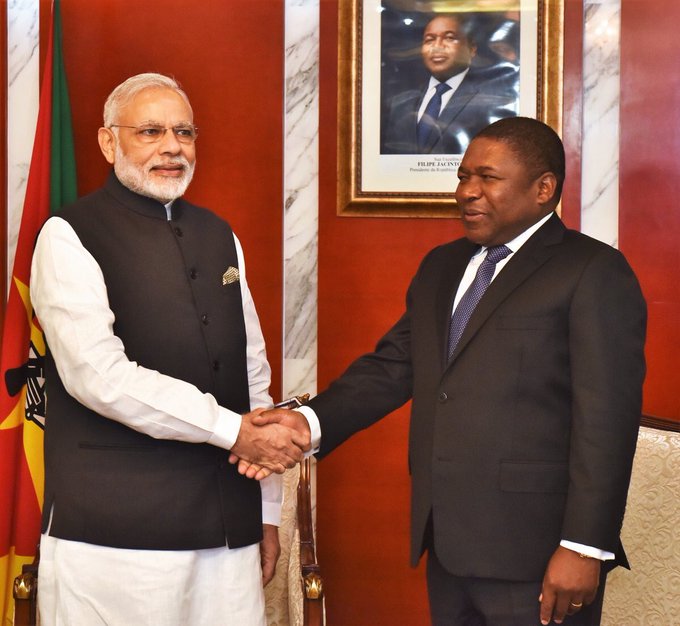
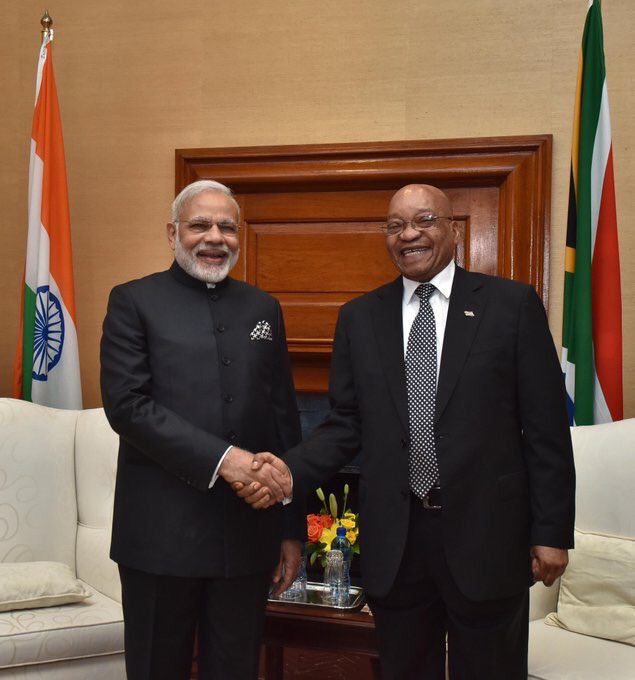
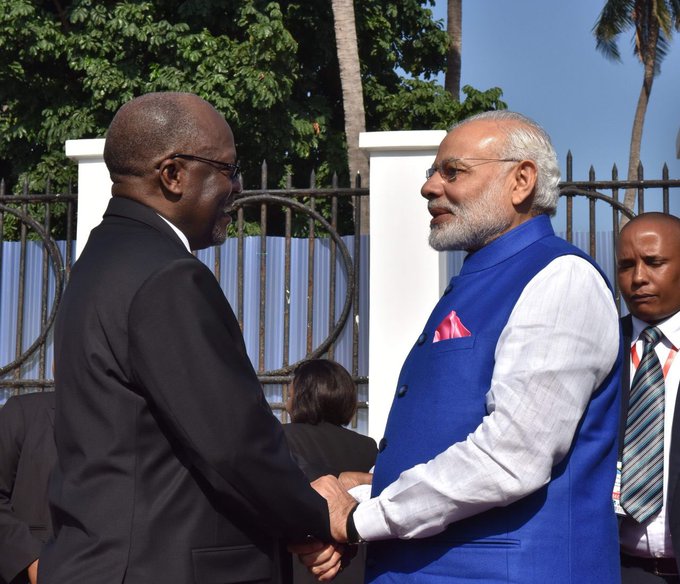
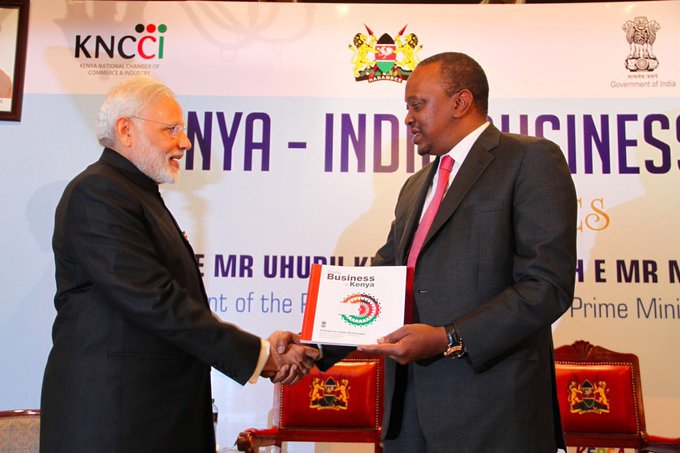


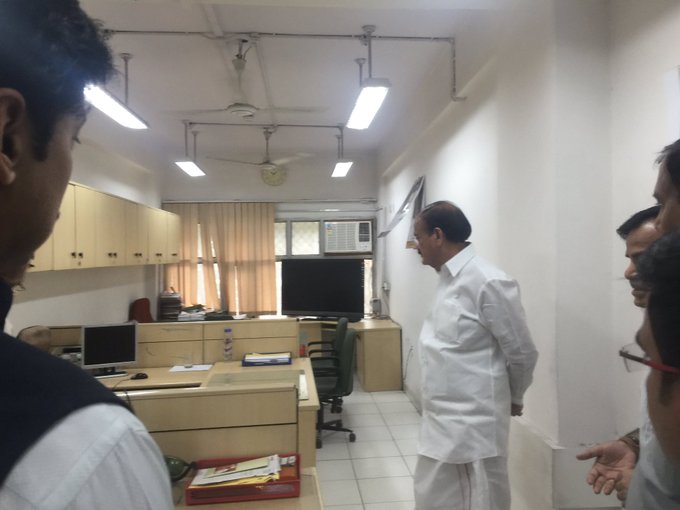
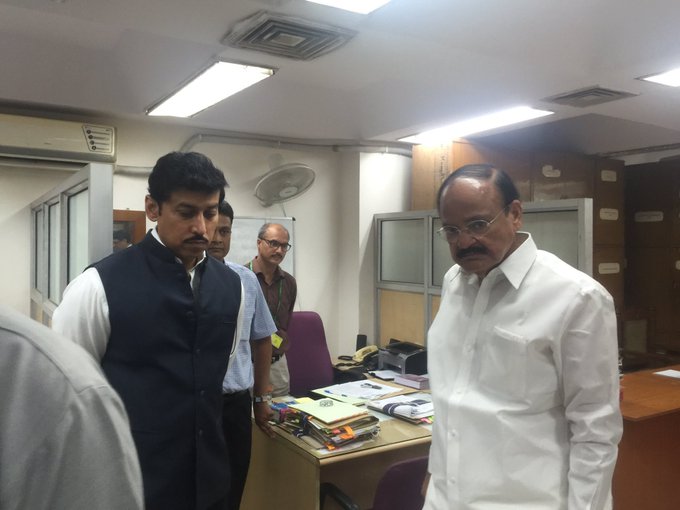
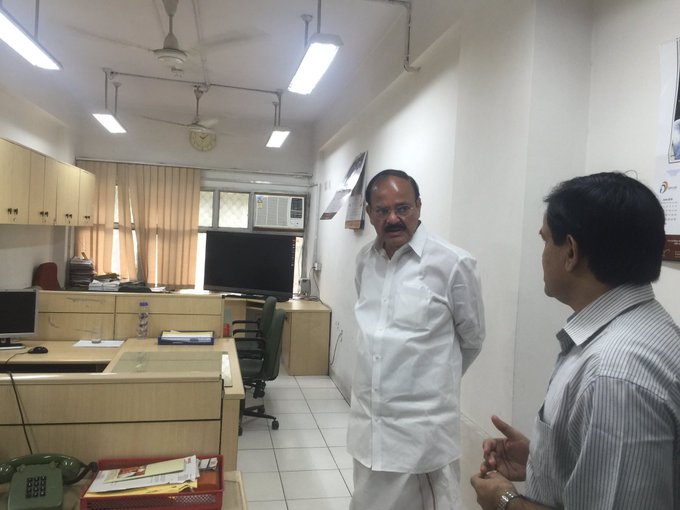
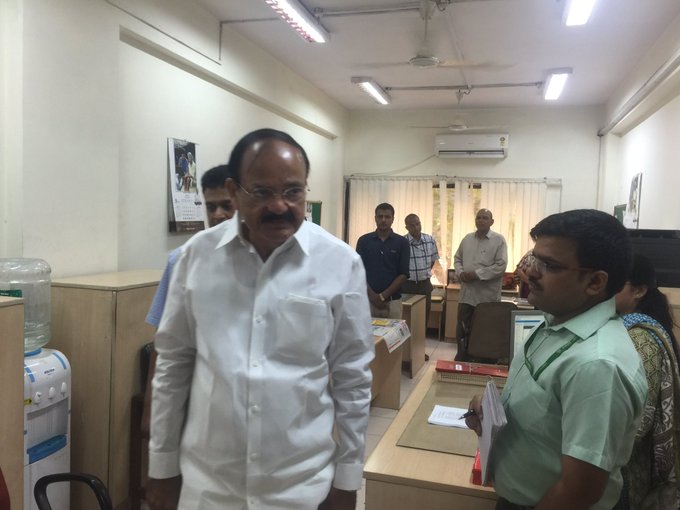















No comments:
Post a Comment